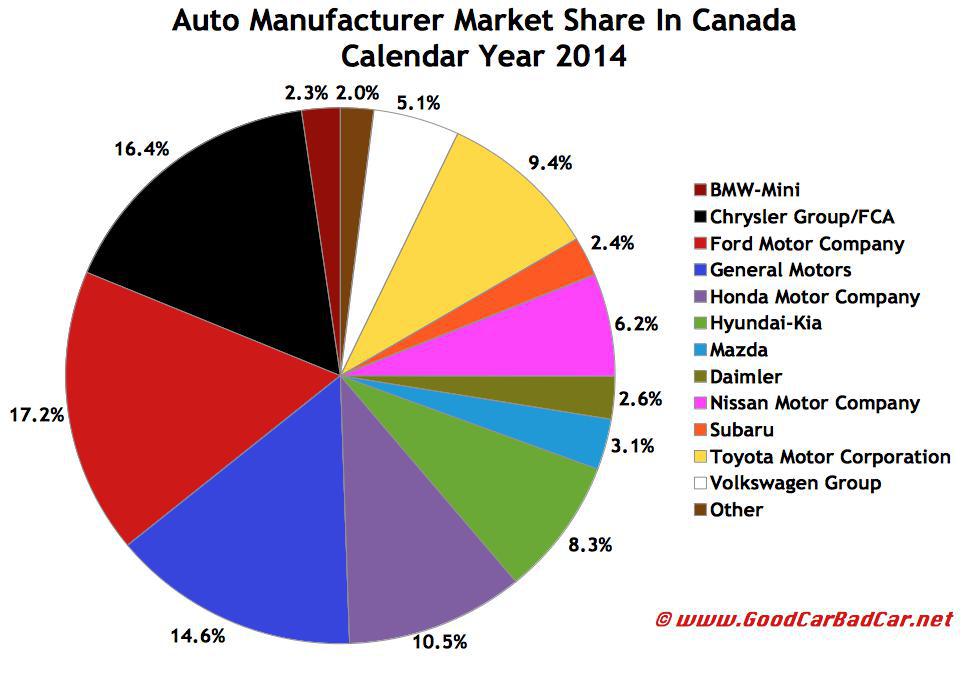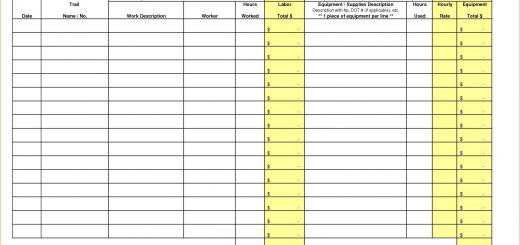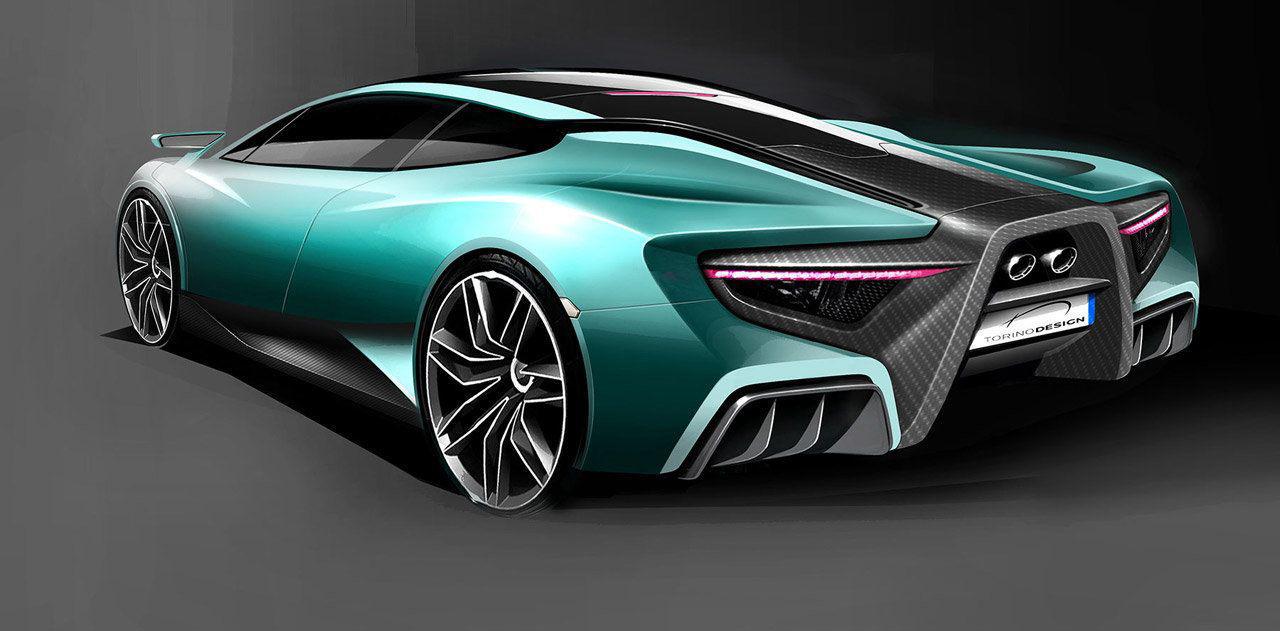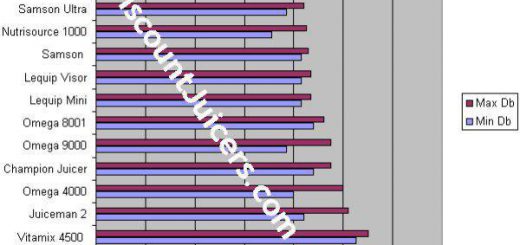Influence Of GST – Petite Cars To Get Costlier, Luxury Cars To Get Cheaper

Influence Of GST – Petite Cars To Get Costlier
Here’s all you need to know about the influence of GST on cars and two-wheelers
- Shilpa Chopra
- May Nineteen, 2017
As India is set to embrace the multi-tiered service and tax structure, GST, here’s a look at what it could mean to the automotive industry that lately gained stability from the demonetization aftermath. While tax figures for different car categories have been exposed, there is still no clarity on some aspects that could directly influence the pricing of vehicles. Here’s all you need to know about the influence of GST on cars and two-wheelers.
While the Society of Indian Automobile Manufacturers (SIMA) is still studying the possible consequences of GST on the Indian automobile industry, the cars that are set to be taxed at the top rate and an extra cess inbetween 1% to 15% will witness fluctuation in terms of pricing. Read More – GM Stops Selling Chevrolet Cars in India – Reasons Explained
Petite cars set to get pricier-
Predominant the Indian automotive industry since its inception, the puny cars are likely to go through a price hike post the roll out of GST. The duty on puny cars is set to witness a leap by 3-4% from the current 25-26% to 29-31%. This comprises the stationary 28% GST and an extra 1% for petrol cars with less than 1200cc engine and 3% for diesel cars using engines below 1500cc. With GST in place, cars including Maruti Alto, Renault Kwid, Maruti Celerio, Maruti Baleno, Volkswagen Polo and Hyundai i20 are set to witness price hike.
Influence on exports of petite cars-
Since India is the hub of production for petite cars exported to overseas markets, this could indeed affect the exports of puny cars. While we still await more details on the same, but with the fresh tax structure, exports of puny cars could be affected.
Sub Four-meter era about to end?
According to the fresh duty structure, the sub four-meter vehicles are likely to be impacted. Models such as the upgraded Hyundai Xcent, recently launched Maruti Dzire, Volkswagen Ameo etc are likely to bear the brunt of switch in taxation. Read More – Petrol Vs Diesel Cars – Which One Should You Buy
Mid-Size sedans likely to benefit-
This could also mean that customers will once again commence looking at total size sedans with four meters of length which includes models such as Maruti Ciaz, Hyundai Verna and Honda City. These vehicles are already attracting a high tax of around 43%. With the GST, these vehicles are unlikely to witness no switch in the total tax. The immobile tax of 28% and 15% of extra cess comes up to the same number (43%), which means mid-size sedans are likely to benefit from the situation.
Luxury vehicles will get cheaper
Luxury car manufacturers have a reason to rejoice. With the implementation of the fresh tax structure under GST, the total tax levied on the luxury cars may drop, inferring reduction in car prices. Presently, the premium cars with engines equal or larger than 1500cc are taxed inbetween 41.5% to 44.5% including the 27-30% central excise duty and the extra state VAT. With the GST in force, the total tax including the 28% base and 15% cess, will total to 43%.
Three per-cent extra cess on 350cc bikes
Motorcycles will engine capacity equal to or larger than 350cc will attract an extra cess of 3% along with the base 28%. With this, the total taxation on 350cc bikes comes to 31%, which presently falls inbetween 28-35%.
Electrical vehicles to attract lower cess
Under the fresh tax structure, electrical vehicles will attract lower tax of 12%, albeit the manufacturers of EVs would face an inverted duty structure with either 18% or 28% of tax. In attempt to provide refund of excess input GST, there could be a significant working capital blockage for such sectors.
Hybrid vehicles to be taxed at higher rates
Contrary to the electrical vehicles, the hybrid cars will be levied 28% base tax and extra 15% cess. This could affect the sales of hybrid vehicles and discourage car makers mulling to invest in hybrid technology in India.
Commercial vehicles and auto components
Commercial vehicles are likely to be taxed at 28% GST, which means no major influence due to the fresh tax structure, all but vehicles for carriage of passengers with a capacity of ten to thirteen persons will attract a cess of 15%. The auto parts are also likely to be taxed at 28%, this coupled with enlargened tax on services by 15% to 18% will further take the after-sales cost higher.
Commenting on the GST tax rates, Gautam Khattar, Playmate – Indirect Tax, PwC said, “Despite of Automobile sector being one of the most promising contributor to economic growth, it has been facing the whip of enhanced tax rates and numerous cesses for a substantial time now and even GST doesn’t seem to help much. The Industry doesn’t seem to relish the idea of levying the highest slab rate of 28% on all categories of vehicle regardless of the engine capacity or length. Likewise, parts and accessories for such automobile have also been placed in the same bracket of 28%.
Over the top, the government seems to have deviated from its earlier stand of introduction of Cess only on luxury goods, the current rates indicate a slab (ranging inbetween 1% to 15%) of cess on all vehicles. Given the above rates, industry may not see much tax influence on the price fluctuation for the end customers as the taxes land up in the same bracket as under the current regime.”


